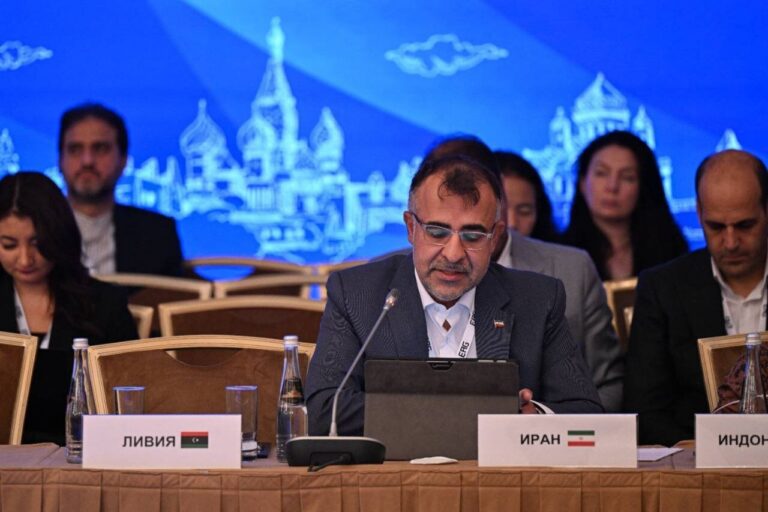
Similar Posts
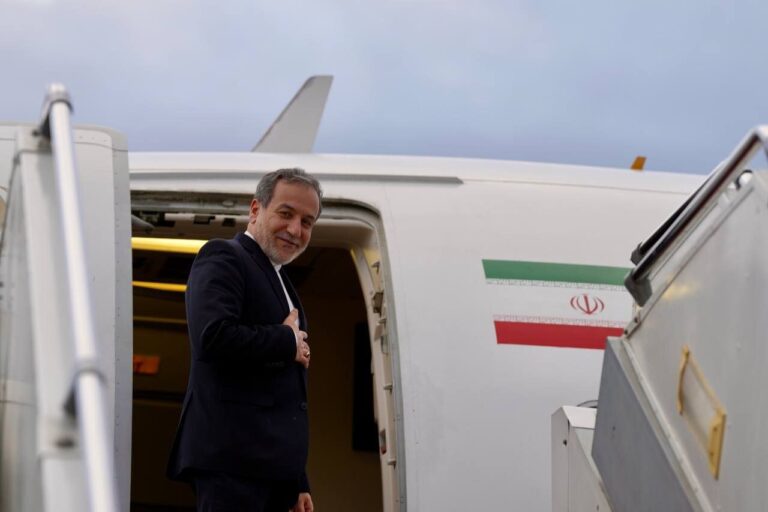
Iran’s Foreign Minister Sets Off for Critical Diplomatic Talks in Afghanistan
Iranian Foreign Minister Ali Bagheri Araghchi is visiting Afghanistan for the first time since taking office, focusing on consultations with Afghanistan’s interim government to enhance bilateral relations. Accompanied by economic activists, Araghchi aims to discuss political and economic collaborations, emphasizing Iran’s commitment to regional stability. The visit is significant as Afghanistan faces complex challenges, and Iran seeks to strengthen ties with its neighbor. Key issues on the agenda include trade, security cooperation, and humanitarian assistance. This diplomatic engagement highlights the importance of Afghanistan to Iran’s foreign policy, particularly concerning security, economic ties, and regional dynamics.
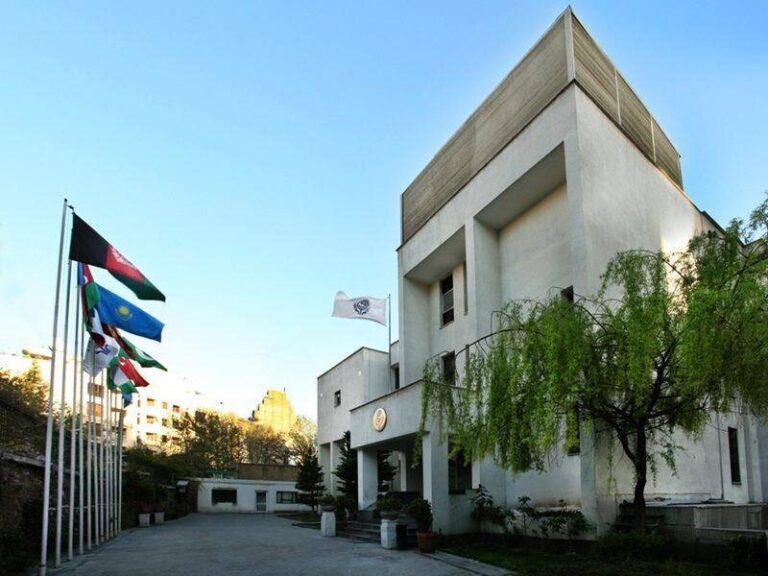
Tehran Welcomes ECO Member States for Key RPC Meeting: A Hub of Regional Cooperation
Tehran will host the 35th Regional Planning Council (RPC) of the Economic Cooperation Organization (ECO) on February 23, 2023. This meeting aims to enhance economic collaboration among member states by addressing regional development issues. Key objectives include strengthening ties, boosting economic growth, fostering technical cooperation, and promoting cultural exchange. The ECO focuses on regional economic integration and resource sharing to tackle common challenges like poverty and unemployment. Expected outcomes include policy recommendations, joint projects, and new investment opportunities. This council represents a significant step towards a more integrated and prosperous region, fostering collaboration among leaders and experts.
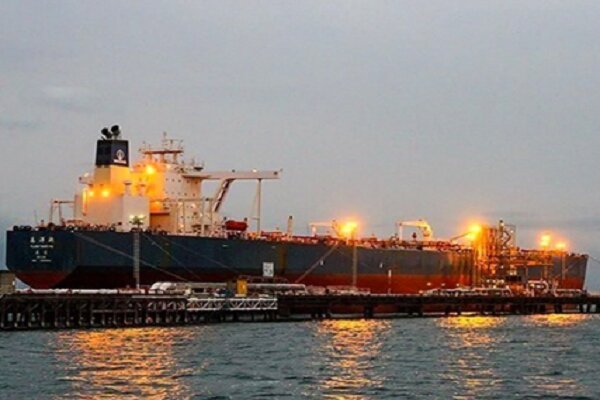
US Targets Iran Oil Traders with Sanctions Amid Ongoing Nuclear Negotiations
Geopolitical tensions in the Middle East have intensified U.S. sanctions on Iran’s oil and petrochemical exports, targeting entities involved in the trade, including sellers and a marine management company. President Trump aims to reduce exports to zero, particularly to China. Despite these sanctions, Iranian oil exports to China have surprisingly surged by 20% since January, raising questions about the sanctions’ effectiveness. Meanwhile, U.S.-Iran nuclear negotiations, mediated by Oman, are ongoing, with both sides reporting progress. The situation’s complexity suggests that while U.S. efforts aim to curb Iran’s influence, alternative markets may enable Iran to adapt and sustain its oil trade.
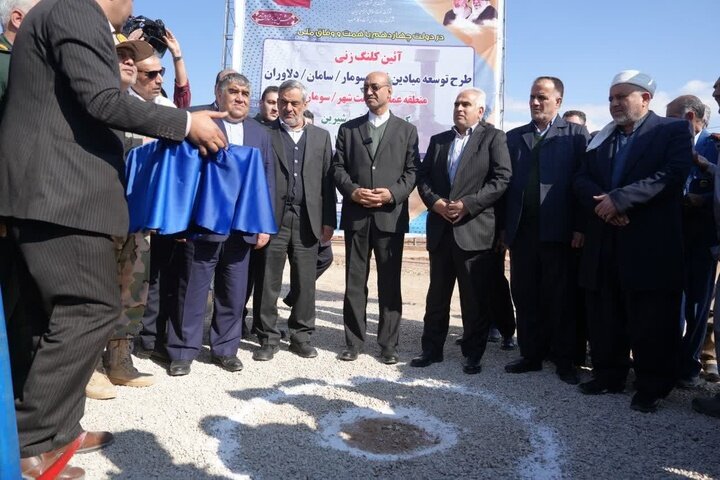
Oil Production Set to Soar by 10,000 BPD with New Developments in Three Key Oilfields
Iran has launched an oilfield development project in Naft-Shahr, aiming to boost national oil production by 10,000 barrels per day, backed by a $240 million private investment. The initiative, officially commenced by key officials, focuses on revitalizing the underdeveloped region, enhancing economic and social welfare for local communities. It promises job creation, infrastructure improvements, and increased local revenue, contributing to better living standards. The project also emphasizes security and stability, aligning with national goals to leverage Iran’s natural resources for growth. This development represents a significant milestone for both the local economy and the national oil sector.
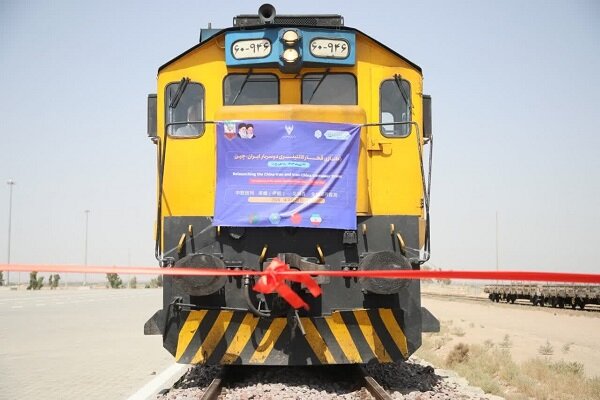
China-Iran Railway Project Accelerates: A Game-Changer for Economic Collaboration
A cargo train from Xi’an has arrived at the Aprin dry port near Tehran, marking a significant milestone in establishing a new overland trade route between China and Iran. This China–Iran rail corridor reduces delivery times from 30-40 days by sea to just 15 days by land, enhancing trade efficiency. Launched on July 21, 2024, it aims to connect China, Iran, and Europe while reducing reliance on congested maritime routes. The initiative also supports Iranian oil exports to China and strategically bypasses US-controlled chokepoints. This development symbolizes a shift towards autonomous trade practices and stronger economic ties between the two nations.
